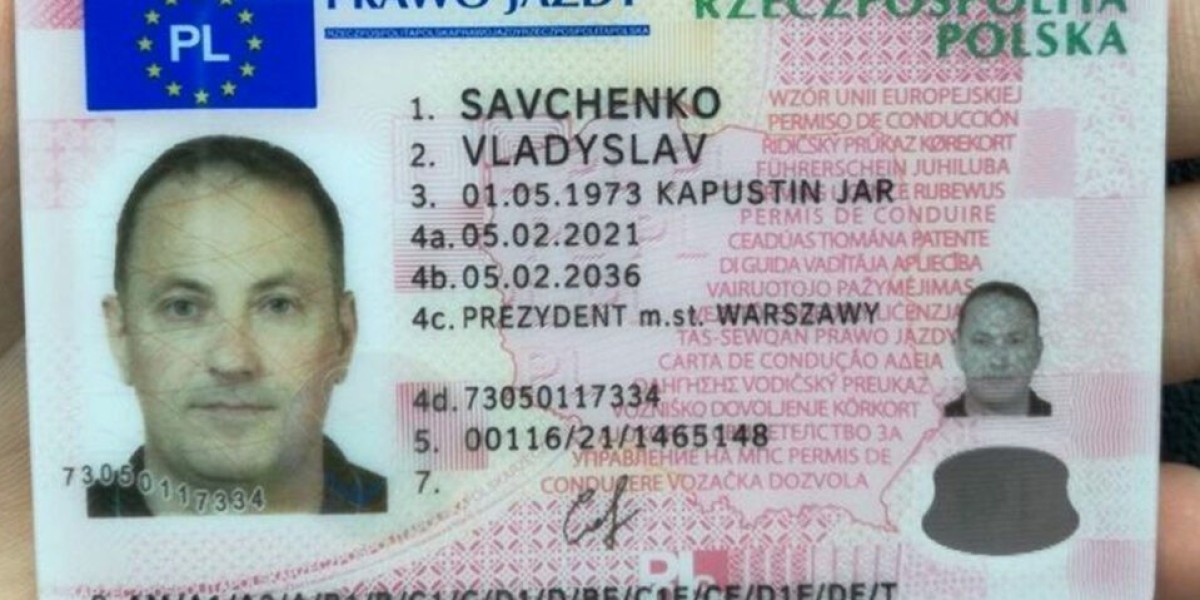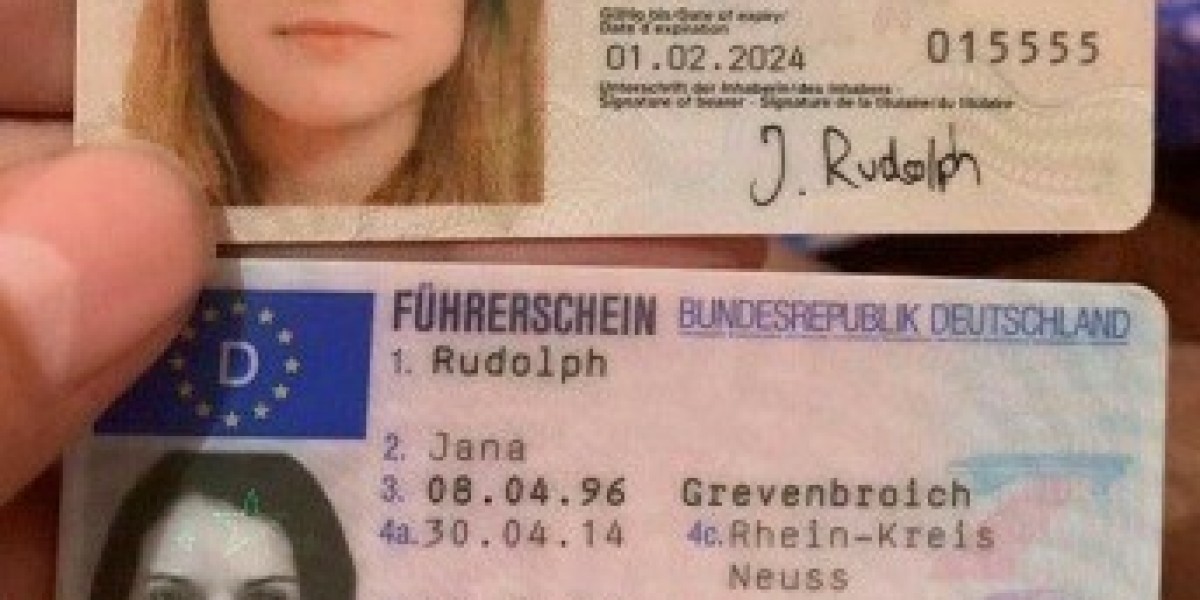Understanding the UK Driver's Licence: A Comprehensive Guide
Getting a driver's licence in the United Kingdom is a substantial milestone for numerous people. It not only signifies independence however likewise provides greater flexibility in individual and expert elements of life. This short article intends to offer a comprehensive overview of the reputable uk Driving license driver's licence, consisting of how to apply, different types of licences, and various policies related to driving in the UK.

Summary of the UK Driver's Licence
In the UK, a driver's licence is an official document that allows a private to run automobile on public roadways. The driving licence system in the UK is structured and managed by the Driver and Vehicle Licensing Agency (DVLA).

Kinds Of UK Driver's Licences
The UK offers several types of driving licences, each customized for various categories of lorries. These include:
Provisional Licence:
- Age Requirement: Minimum of 17 years
- Allows students to drive under specific conditions.
- Can not drive without a certified driver accompanying them.
Full Licence:
- Issued as soon as an individual has actually passed both the theory and useful driving tests.
- Different categories offered based upon vehicle types:
- Category B: Cars
- Classification A: Motorcycles
- Classification C: Large items lorries
- Classification D: Buses
International Driving Permit (IDP):
- Required for driving in some foreign countries.
- Provided to UK licence holders at Post Office branches.
Short-term Licences:
- For people who might have lost their licence or are waiting for updates on their present licence.
The Application Process for a UK Driver's Licence
Getting a driver's licence in the UK includes a number of steps, whether for a provisional or full licence. Here are the necessary steps in information:
Step 1: Obtain a Provisional Licence
- Eligibility: Individuals must be at least 17 years old to apply.
- Application: Applications can be made online through the DVLA website or through paper forms readily available at post offices.
- Files Required:
- Proof of identity (passport or another main ID).
- National Insurance number (if offered).
- A postal address in Great Britain.
Step 2: Study for the Theory Test
- Content: The theory test includes multiple-choice questions and a danger perception test.
- Preparation: Various resources are available, including online courses, apps, and books that aid in preparation.
Step 3: Pass the Theory Test
- The theory test must be cleared before attempting the practical driving test.
Step 4: Practical Driving Test
- Knowing and Instruction: An individual can take driving lessons with a certified instructor or discover with an authorized accompanying driver.
- Scheduling the Test: Once confident in driving capabilities, candidates can reserve their dry run online.
- Test Components: The dry run assesses driving abilities, maneuvers, and real-world driving conditions.
Step 5: Receiving the Full Licence
- After effectively passing the useful driving test, the DVLA will issue a full driving licence, which permits people to drive individually.
Guidelines and Regulations
Maintaining a legitimate driving licence in the UK needs adherence to several guidelines and guidelines:
- Renewal: Licences need to be restored every 10 years. Renewal can be done online or by means of paper application.
- Points System: The UK utilizes a charge points system. Certain traffic offences result in points being contributed to a driver's licence, which can result in severe repercussions if the accumulation surpasses a specific limit.
- Medical Conditions: Drivers must notify the DVLA of any medical condition that could impact their capability to drive.
Common Challenges in Obtaining a Licence
Obtaining a driver's licence can sometimes be challenging. Here are some common obstacles dealt with by aiming drivers and tips on how to tackle them:
- Nervousness During Tests: Many candidates experience stress and anxiety throughout their theory or useful tests. It is recommended to take mock tests or participate in session to build self-confidence.
- Failure to Pass Tests: If a private fails their tests, they can retake them after a particular waiting period. Preparing with extra driving lessons or study materials can help in subsequent attempts.
- Comprehending Rules: The complexities of roadway guidelines and regulations might be overwhelming. Registering in a reliable driving school can supply clarity and insight into these policies.
Frequently asked question Section
1. The length of time does it require to get a driving licence in the UK?The timeline differs based on the person's knowing speed. Usually, obtaining a complete licence can take a few months, consisting of discovering time and the waiting period for tests. 2. Can I drive while waiting for my full
licence?You can drive with your provisional licence if accompanied by a certified driver who is at least 21 years of ages and has actually held a complete licence for three or more years. 3. What do I do if I lose my driving licence?You can obtain a replacementlicence through the DVLA website or through post, providing needed recognition and paying the required charge. 4. How much does it cost to get a driver's licence in the UK?Costs can vary substantially but generally consist of application charges , the theory test cost, dry run fees, and driving lessons. In general, it may total countless pounds, depending on private circumstances. 5. Is there a minimum number of lessons I need to take?There is no main minimum variety of lessons mandated. Nevertheless, taking lessons till you feel positive is recommended. Getting a driver's licence in the UK is a satisfying procedure that opens the door to movement and freedom. By understanding the actions included, the kinds of licences offered, and the policies governing driving, prospective drivers can navigate the system effectively. Whether one is a student or an experienced driver, remaining informed on the current policies and finest practices is crucial to ensure safe and accountable driving within the UK.








